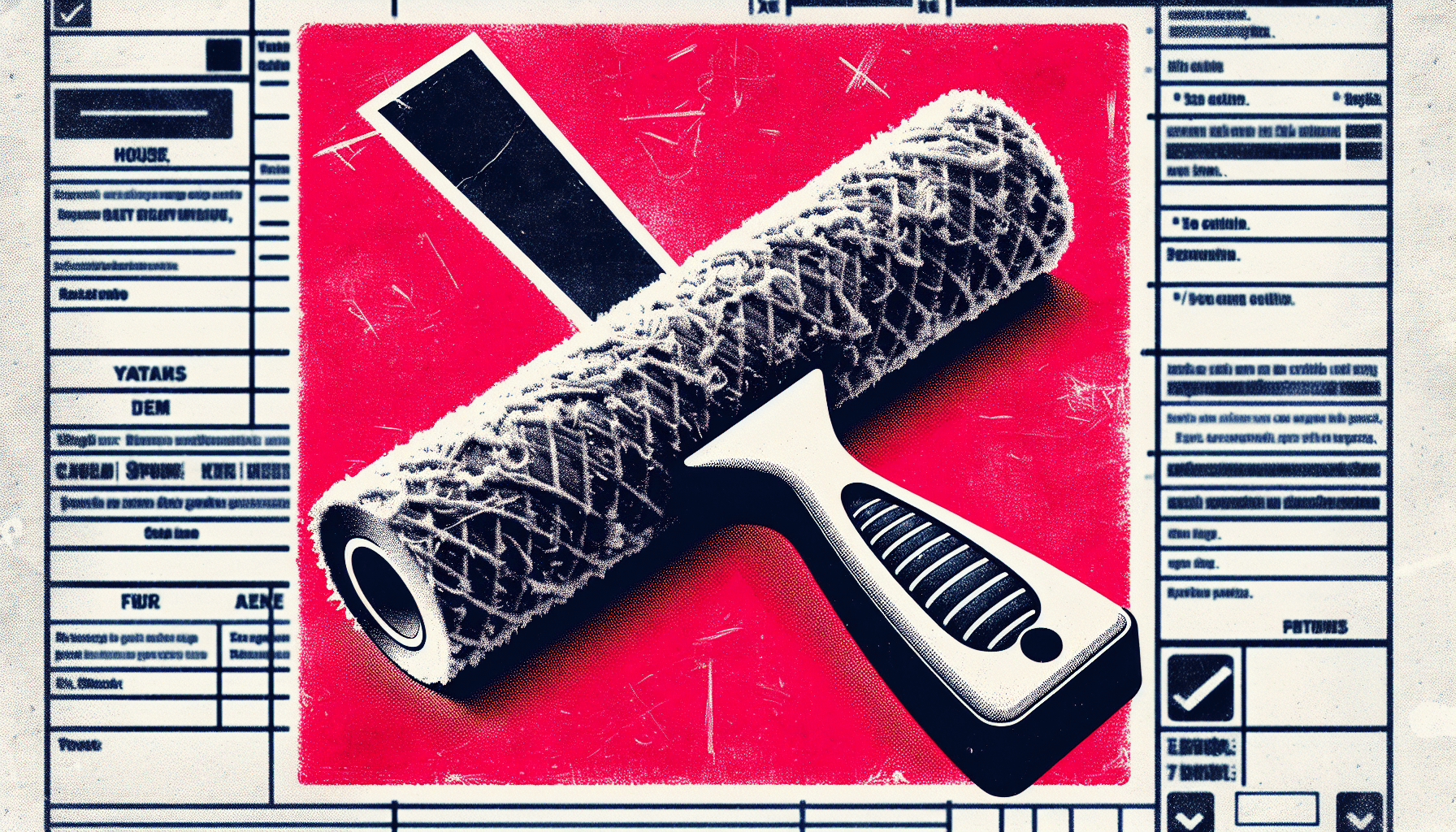How Can I Avoid ISF Penalties For Lint Removers
How Can I Avoid ISF Penalties For Lint Removers

Understanding ISF Requirements
When it comes to importing products like lint removers into the United States, it’s essential to understand the Importer Security Filing (ISF) requirements set forth by U.S. Customs and Border Protection (CBP). Failure to comply with ISF requirements can result in costly penalties, delays, and even the refusal of your shipment. To avoid these consequences, it’s crucial to familiarize yourself with the ISF regulations and take the necessary steps to ensure compliance.
What Is ISF?
ISF, also known as 10+2, is a mandatory CBP regulation that requires importers to provide specific information about their shipments before they arrive in the United States. This information helps CBP assess the security risks associated with imported goods and facilitate the cargo screening process. Failure to submit accurate and timely ISF filings can lead to penalties ranging from $5,000 to $10,000 per violation.

Key ISF Requirements for Lint Removers
When importing lint removers or any other goods into the United States, importers must submit an accurate and complete ISF filing at least 24 hours before the cargo is loaded onto the vessel bound for the U.S. Some of the key information that must be included in the ISF filing for lint removers includes:
- Manufacturer or supplier information
- Seller or shipper information
- Container stuffing location
- Consolidator information
- Buyer or owner information
- Ship to party
- Commodity Harmonized Tariff Schedule (HTS) number
Common Mistakes to Avoid
To avoid ISF penalties for lint removers, it’s essential to steer clear of common mistakes that many importers make when filing their ISF. Some of the most common errors that lead to penalties include:
-
Inaccurate or incomplete information: Failing to provide accurate and complete information in your ISF filing can result in penalties and shipment delays. Make sure to double-check all the required fields before submitting your filing.
-
Late filing: Missing the 24-hour deadline for submitting your ISF can result in penalties. It’s crucial to ensure that your filing is submitted on time to avoid facing costly consequences.
-
Incorrect HTS code: Using the wrong HTS code for your lint removers can lead to classification errors and potential penalties. Make sure to consult the HTS code database to verify the correct code for your product.
Working With a Customs Broker
Navigating the complex world of ISF requirements can be challenging, especially for first-time importers. One of the best ways to ensure compliance and avoid penalties is to work with a licensed customs broker who has expertise in ISF filings. A customs broker can help you gather the necessary information, submit accurate filings, and stay updated on any changes to the ISF regulations.
How Can I Avoid ISF Penalties?
To avoid ISF penalties for lint removers, follow these essential tips:
-
Understand the ISF requirements: Familiarize yourself with the key ISF requirements for lint removers and make sure to include all the necessary information in your filing.
-
Submit your ISF on time: Ensure that your ISF filing is submitted at least 24 hours before the cargo is loaded onto the vessel bound for the U.S. to avoid penalties for late filing.
-
Double-check all information: Verify the accuracy and completeness of your ISF filing before submission to prevent errors that could lead to penalties.
-
Consult with a customs broker: Consider working with a licensed customs broker who can help you navigate the ISF requirements and ensure compliance with CBP regulations.
By following these tips and being proactive in your approach to ISF compliance, you can avoid penalties and delays when importing lint removers into the United States. Remember that compliance with ISF regulations is crucial to the smooth and efficient processing of your shipments, so don’t overlook the importance of submitting accurate and timely ISF filings.
